Camping Tips Essential Advice for a Memorable Outdoor Adventure
gingercamp.com – Camping is a wonderful opportunity to escape the hustle and bustle of everyday life and immerse yourself in nature. Whether you’re a seasoned camper or new to the experience, having access to essential camping tips can make a world of difference in ensuring a successful and enjoyable trip. In this article, we’ll explore the importance of camping tips and how expert advice and practical insights can enhance your outdoor adventure.
Importance of camping tips for a successful and enjoyable trip
Camping tips play a crucial role in ensuring a successful and enjoyable camping trip. Whether you’re a novice camper or an experienced outdoor enthusiast, having access to valuable camping tips can make a significant difference in your overall experience. Here are some reasons why camping tips are important:
- Safety: One of the primary reasons camping tips are essential is safety. The great outdoors can present various risks and challenges, including unpredictable weather conditions, wildlife encounters, and potential accidents. Camping tips provide guidance on how to stay safe, minimize risks, and handle emergency situations effectively. Tips on fire safety, wildlife awareness, first aid, and navigation can help prevent accidents and ensure the well-being of campers.
- Preparation and Planning: Camping tips help you prepare and plan for your camping trip effectively. From selecting the right camping location and understanding campground regulations to creating a packing checklist and organizing your gear, these tips ensure that you have everything you need for a smooth and enjoyable camping experience. Tips on meal planning, food storage, and campsite setup ensure that you are well-prepared and organized during your outdoor adventure.
- Comfort and Convenience: Camping tips enhance your comfort and convenience in the wilderness. Advice on choosing the right camping gear, setting up a comfortable sleeping area, and creating a functional campsite layout can make your stay more enjoyable. Tips on campfire cooking, outdoor hygiene, and maintaining cleanliness help you have a pleasant and convenient camping experience.
- Maximizing Enjoyment: Camping tips contribute to maximizing your enjoyment while camping. Advice on outdoor activities, such as hiking trails, fishing spots, and nature exploration, helps you make the most of your surroundings. Tips on campfire games, storytelling, and stargazing enhance the fun and entertainment aspects of your camping trip. By following these tips, you can immerse yourself in the beauty of nature and create lasting memories.
- Environmental Responsibility: Camping tips emphasize the importance of environmental responsibility and sustainable camping practices. Tips on Leave No Trace principles, responsible waste management, and wildlife conservation educate campers on minimizing their impact on the environment. By adopting these practices, you can help preserve the natural beauty of camping destinations for future generations to enjoy.
In conclusion, camping tips are essential for a successful and enjoyable outdoor adventure. They provide guidance on safety, preparation, comfort, enjoyment, and environmental responsibility. By following these tips, you can make the most of your camping experience, stay safe, and create cherished memories in the great outdoors. So, before your next camping trip, remember to seek out valuable camping tips and make your adventure unforgettable.
Preparing for Your Camping Trip
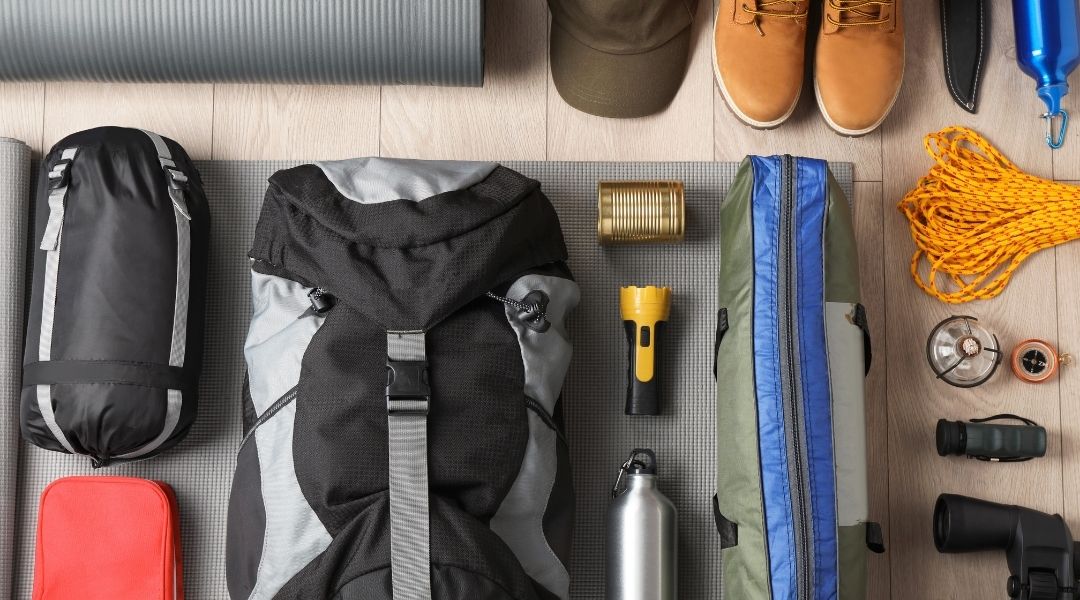 Preparing for a camping trip is essential to ensure a smooth and enjoyable outdoor experience. Proper planning and organization can make a significant difference in the success of your adventure. Here are some key aspects to consider when preparing for your camping trip:
Preparing for a camping trip is essential to ensure a smooth and enjoyable outdoor experience. Proper planning and organization can make a significant difference in the success of your adventure. Here are some key aspects to consider when preparing for your camping trip:
Choose the Right Camping Location:
- Research different camping sites and determine which one suits your preferences and needs.
- Consider factors such as proximity to amenities, accessibility, natural surroundings, and activities available in the area.
- Check if reservations or permits are required and make the necessary arrangements in advance.
Prepare a Camping Checklist:
- Create a comprehensive checklist of essential camping gear and equipment to bring along.
- Include items such as a tent, sleeping bags, camping stove, cooking utensils, food, water, first aid kit, clothing, and personal hygiene items.
- Refer to camping gear lists available online or adapt them to suit your specific needs and camping style.
Gather Camping Gear and Equipment:
- Check your gear to ensure it is in good condition and functioning properly.
- Replace or repair any damaged or worn-out items.
- Pack necessary camping equipment, including a sturdy tent, sleeping bags suitable for the expected weather conditions, cooking utensils, lighting sources, camping chairs, and a portable stove.
Plan Meals and Food Storage:
- Decide on your meal options and plan your menu accordingly.
- Choose meals that are easy to prepare and pack ingredients in an organized manner.
- Opt for non-perishable food items and consider any dietary restrictions or preferences.
- Use coolers or storage containers with ice packs to keep perishable items fresh.
Pack Appropriate Clothing and Essentials:
- Check the weather forecast for your camping location and pack clothing suitable for the expected conditions.
- Bring layers to accommodate temperature changes and pack rain gear or waterproof clothing if necessary.
- Don’t forget essentials such as sunscreen, insect repellent, a map or compass, a multi-tool, and a portable phone charger.
Familiarize Yourself with Camping Rules and Regulations:
- Understand the rules and regulations of the camping site, including quiet hours, fire regulations, and pet policies.
- Familiarize yourself with any specific guidelines related to wildlife encounters, fishing permits, and hiking trails.
Practice Setting Up Your Gear:
- Before your camping trip, practice setting up your tent and assembling any other camping equipment you may have.
- This will help you familiarize yourself with the process and ensure you have all the necessary components.
Share Your Itinerary and Emergency Contacts:
- Inform a trusted friend or family member about your camping plans, including the dates, location, and expected return.
- Provide them with emergency contact information and any other relevant details.
- By taking the time to prepare for your camping trip, you can ensure that you have all the necessary gear, provisions, and knowledge to make your adventure safe and enjoyable. Remember toconsider the specific needs of your camping group and adapt your preparations accordingly. Enjoy the great outdoors and embrace the beauty of nature during your camping experience!
Setting Up Your Campsite: Creating a Comfortable and Secure Outdoor Haven
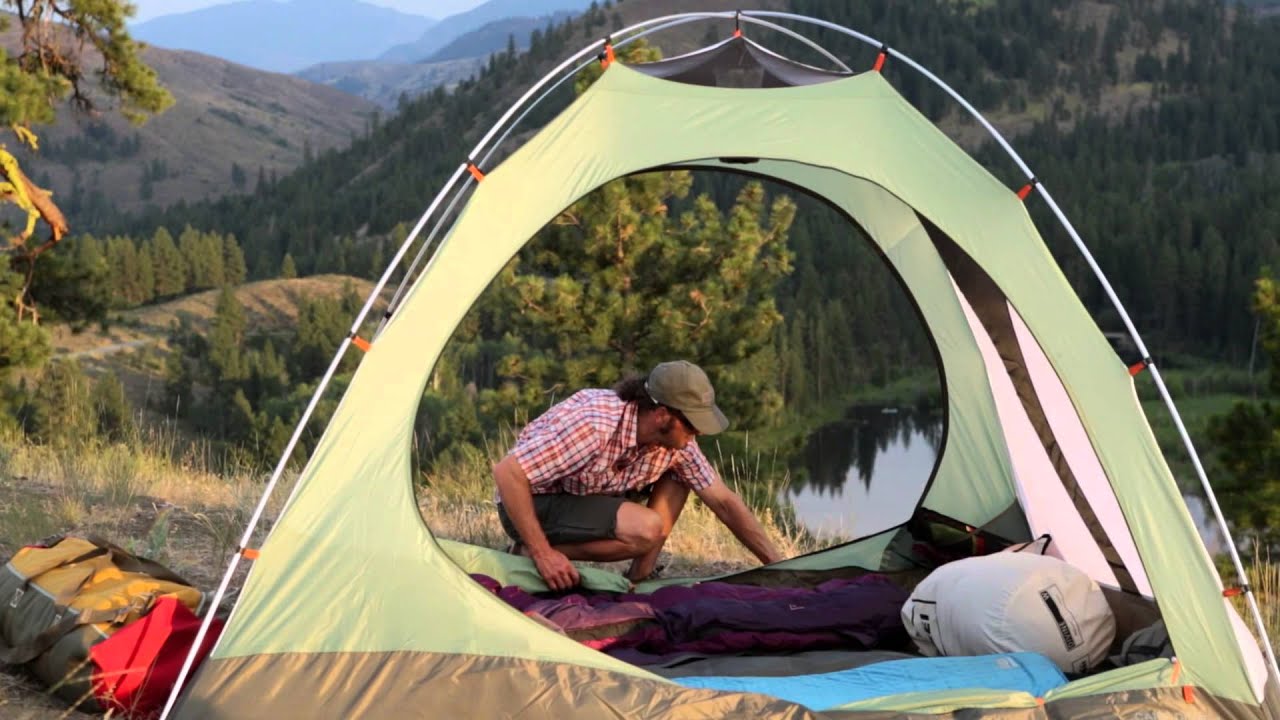

Selecting the Ideal Campsite:
- Finding a flat and level area: Look for a spot that is free from rocks, tree roots, and other uneven terrain that could affect your comfort.
- Considering safety factors: Avoid areas with dead trees or overhanging branches that could pose a risk. Choose a location away from water sources to prevent flooding in case of heavy rain.
- Proximity to amenities: Depending on your preferences, consider the distance to water sources, restrooms, and other facilities provided by the campground.
Tent Setup and Essential Camping Gear Assembly:
- Choosing the right tent: Consider the size of your camping group and the weather conditions you’ll be facing. Opt for a tent that provides enough space for sleeping and storing your gear.
- Setting up your tent: Follow the manufacturer’s instructions and ensure the tent is securely staked down. Use a groundsheet or tarp beneath the tent to provide an extra layer of protection against moisture.
- Organizing your camping gear: Arrange your gear in a logical and accessible manner. Keep frequently used items easily reachable and create designated areas for cooking, eating, and relaxation.
Creating a Comfortable Sleeping Area:
- Sleeping surface: Use a sleeping pad or air mattress to add insulation and cushioning between you and the ground. Consider the comfort level and insulation provided by different sleeping pad options.
- Bedding: Choose a suitable sleeping bag or blankets based on the expected temperatures. Layering blankets allows for flexibility in adjusting warmth during the night. C. Tent ventilation: Ensure proper airflow by opening vents and windows if available. This helps prevent condensation buildup and enhances comfort while sleeping.
- Cozy additions: Add personal touches such as pillows, extra blankets, or even a small rug to make your sleeping area feel more like home.
Campfire Setup and Safety Guidelines:
- Selecting a safe location: Choose a designated fire pit or create a fire ring by clearing away any flammable debris. Ensure the fire pit is a safe distance from tents and surrounding vegetation.
- Firewood and kindling: Gather dry firewood and kindling to start your campfire. Avoid using wood from the campground area to prevent the spread of invasive species.
- Fire safety precautions: Follow local regulations and restrictions regarding fire use. Keep a bucket of water or sand nearby for quick extinguishing, and never leave the fire unattended. D. Leave No Trace: As you enjoy your campfire, remember to minimize your impact by avoiding excessive burning and properly disposing of ashes and debris.
By following these tips and guidelines, you can create a comfortable and secure campsite that serves as a haven in the great outdoors. Selecting the ideal location, properly setting up your tent, organizing your gear, and creating a cozy sleeping area are key elements to consider. With a well-prepared campsite, you can relax, unwind, and fully immerse yourself in the beauty of nature, making your camping experience truly memorable. Enjoy the serenity and adventure that awaits you as you embrace the great outdoors!
Camping Safety and Emergency Preparedness: Ensuring a Secure Outdoor Experience
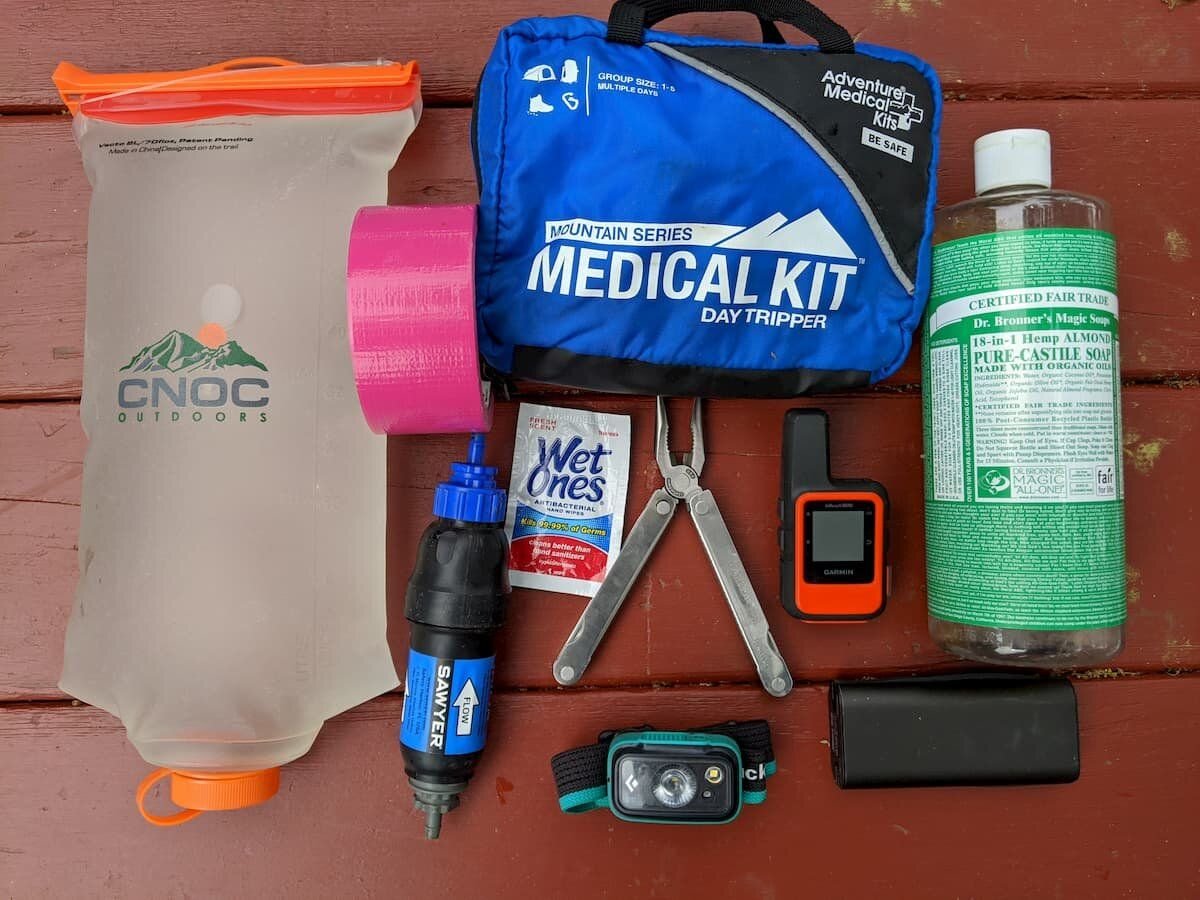

I. Fire Safety Tips and Responsible Campfire Management:
- Campfire safety precautions: Clear the area around the fire pit from flammable materials, never leave the fire unattended, and extinguish it completely before leaving.
- Firewood selection: Use only locally sourced firewood to prevent the spread of invasive species and avoid burning treated or painted wood.
- Safe cooking practices: Position cooking equipment away from the fire and ensure it is stable. Keep a fire extinguisher or water source nearby for emergencies.
- Extinguishing the fire: Use water or sand to fully extinguish the fire, stirring the ashes to ensure they are completely cooled down.
II. Wildlife Safety Awareness and Prevention Measures:
- Wildlife encounters: Stay calm and maintain a safe distance if you come across wildlife. Avoid feeding or approaching them, as it can disrupt their natural behavior.
- Food storage: Properly store food in bear-resistant containers or hang it from a tree branch away from the campsite to prevent attracting wildlife.
- Trash management: Dispose of trash properly in designated containers to avoid attracting animals to your campsite.
- Educate yourself: Research the wildlife species present in the camping area and learn about their behaviors, habitat, and any specific precautions you should take.
III. First Aid Essentials and Emergency Preparedness:
- First aid kit: Pack a well-stocked first aid kit with essentials such as bandages, antiseptics, pain relievers, insect repellent, and any necessary personal medications.
- CPR and first aid training: Consider obtaining CPR and first aid certification to be prepared to handle medical emergencies in the wilderness.
- Emergency communication: Carry a fully charged cellphone, a whistle, or a signaling device to call for help in case of emergencies. Know the emergency contact numbers for the area you’ll be camping in.
- Emergency action plan: Establish a plan with your camping group, including rendezvous points and protocols for various scenarios like severe weather, lost campers, or medical emergencies.
IV. Navigational Tips and Staying Oriented in Unfamiliar Territory:
- Maps and compass: Carry a detailed map of the camping area and a compass to help you navigate and stay on course.
- GPS devices and navigation apps: Utilize GPS devices or smartphone apps with offline capabilities to assist in navigation and track your location.
- Landmark recognition: Take note of prominent landmarks or distinctive natural features to aid in orientation and finding your way back to camp.
- Marking your trail: Use markers or symbols to mark your trail if you’re venturing into unfamiliar territory to avoid getting lost.
Prioritizing camping safety and emergency preparedness is essential to ensure a secure outdoor experience. By following fire safety tips, being aware of wildlife and their behaviors, carrying a well-equipped first aid kit, and staying oriented with navigational tools, you’ll be better equipped to handle unexpected situations and enjoy a worry-free camping adventure. Remember, preparation and vigilance are key to staying safe in the wilderness. Embrace the beauty of nature with confidence, knowing that you are equipped with the knowledge to handle any challenges that may arise.
Activities and Entertainment: Unleashing Adventure and Enjoyment in the Great Outdoors
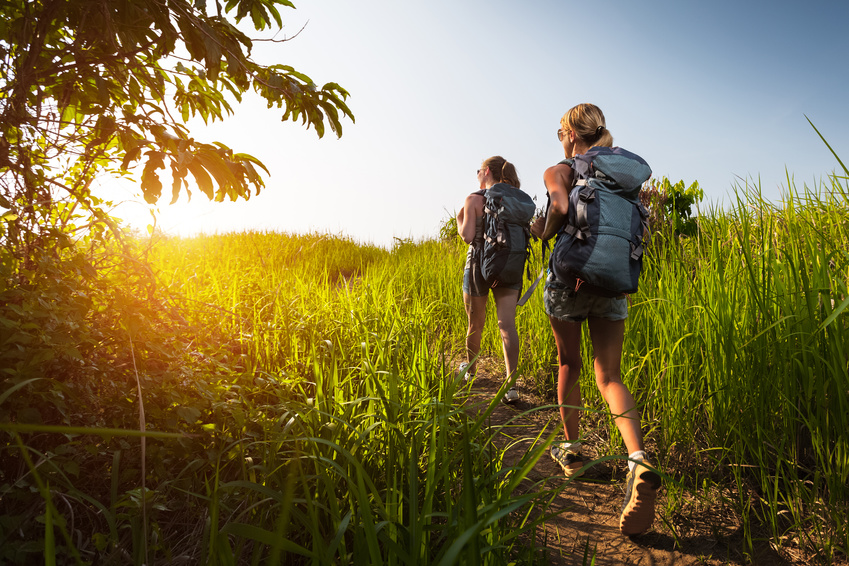

While camping is primarily about connecting with nature and embracing the tranquility of the outdoors, it also offers numerous opportunities for fun-filled activities and entertainment. In this article, we will explore a variety of engaging activities that can enhance your camping experience. From outdoor games and hiking to fishing, stargazing, and wildlife observation, you’ll discover ways to make lasting memories and create an unforgettable adventure.
I. Outdoor Games and Activities for All Ages:
- Classic camping games: Rediscover timeless favorites like scavenger hunts, sack races, and charades that can be enjoyed by campers of all ages.
- Sports and team games: Engage in activities such as volleyball, frisbee, or soccer to promote friendly competition and physical activity.
- Campfire storytelling: Gather around the campfire and share tales of adventure, mystery, or humor to entertain and create a sense of camaraderie.
- DIY crafts: Explore your creative side with nature-inspired crafts, such as making leaf rubbings, creating nature journals, or designing friendship bracelets.
II. Hiking and Exploring Nature Trails:
- Research hiking trails: Discover nearby hiking trails that offer varying levels of difficulty and scenic beauty. Consider factors such as distance, elevation, and points of interest.
- Safety precautions: Familiarize yourself with trail maps, inform others of your hiking plans, and carry essentials like water, snacks, and proper footwear.
- Nature appreciation: Take time to appreciate the flora, fauna, and natural wonders along the trail. Learn about local plants and animals to enhance your hiking experience.
III. Fishing, Boating, and Water-based Activities:
- Fishing adventures: Grab your fishing gear and explore nearby lakes, rivers, or streams. Check local regulations, obtain necessary permits, and practice responsible catch-and-release techniques.
- Boating and canoeing: If available, enjoy a relaxing boat ride or canoe excursion to explore waterways and appreciate the scenic beauty from a different perspective.
- Swimming and water sports: Cool off and have fun in natural swimming areas, or engage in water sports like kayaking, paddleboarding, or tubing.
IV. Tips for Stargazing, Wildlife Observation, and Birdwatching:
- Stargazing essentials: Learn about constellations, planets, and celestial events. Use a star chart, smartphone apps, or a telescope to enhance your stargazing experience.
- Wildlife observation: Observe wildlife in their natural habitats while respecting their space and maintaining a safe distance. Binoculars can enhance your viewing experience.
- Birdwatching: Identify local bird species and their distinctive calls. Bring along a bird guidebook or use birding apps to help with identification.
Camping is not just about immersing yourself in nature; it’s an opportunity to engage in an array of fun activities and entertainment that make your outdoor adventure even more memorable. Whether you’re participating in outdoor games, exploring nature trails, fishing in pristine waters, stargazing under a clear sky, or observing wildlife and birds, these activities add a touch of excitement and wonder to your camping experience. Embrace the opportunities that camping provides for adventure, entertainment, and connection with the natural world. So, gather your loved ones, plan your activities, and embark on a journey filled with laughter, exploration, and unforgettable moments in the great outdoors!
Leave No Trace Principles and Environmental Stewardship: Preserving Nature for Future Generations
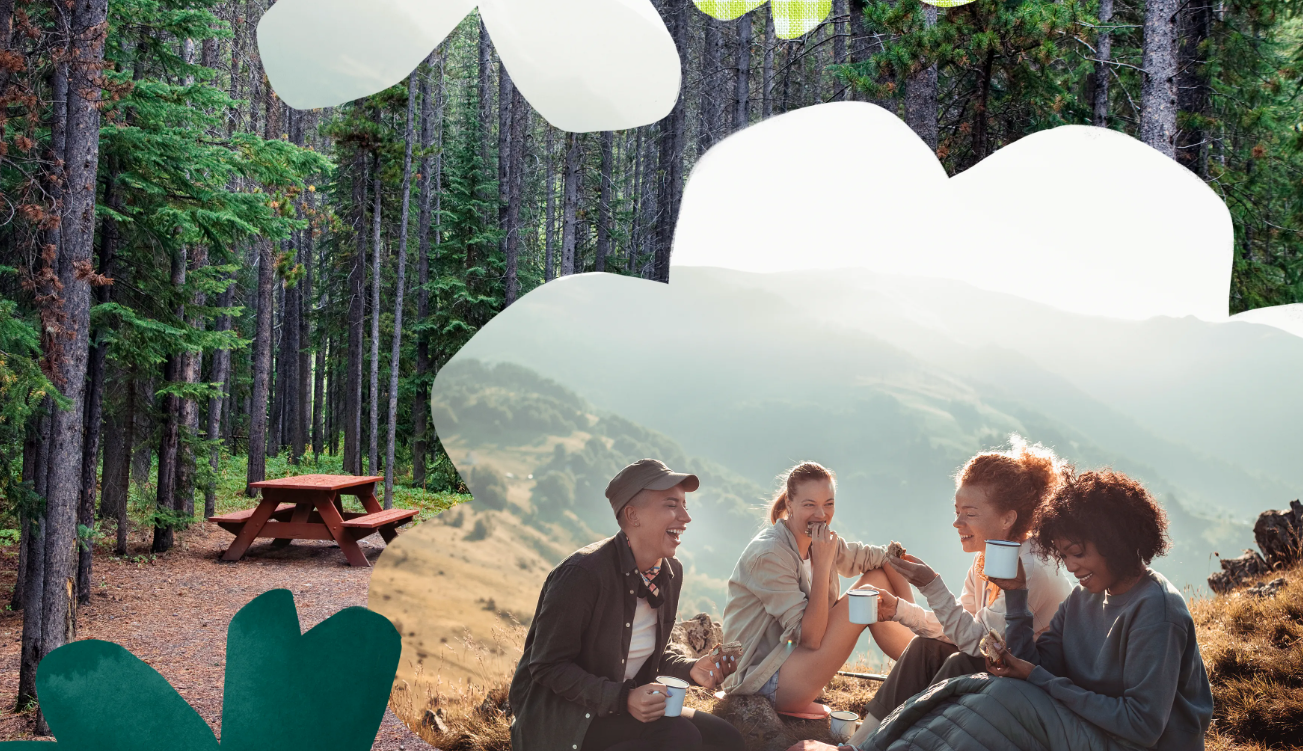

As outdoor enthusiasts, it is our responsibility to preserve and protect the natural beauty of the places we visit. Leave No Trace principles and practicing environmental stewardship are essential in ensuring that we minimize our impact on the environment while camping. In this article, we will explore the importance of minimizing our environmental footprint, the implementation of Leave No Trace principles, waste management strategies, and tips for respecting wildlife and preserving natural habitats. By embracing these principles, we can enjoy the outdoors while leaving it pristine for future generations to cherish.
I. Importance of Minimizing Environmental Impact While Camping:
- Protecting fragile ecosystems: Understand the fragility of the ecosystems you visit and the long-term consequences of irresponsible camping practices.
- Preserving natural beauty: Recognize that the landscapes we admire today can be irreversibly altered by thoughtless actions and ensure their preservation for future enjoyment
- Promoting sustainable tourism: By minimizing our impact, we contribute to sustainable tourism practices that benefit local communities and the environment.
II. Practicing Leave No Trace Principles and Ethical Camping Behaviors:
- Plan and prepare: Research and plan ahead to ensure compliance with local regulations, camp in designated areas, and obtain necessary permits.
- Minimize campfire impacts: Follow regulations for fire use, use established fire rings or stoves, and only burn locally sourced firewood.
- Dispose of waste properly: Pack out all trash, including food scraps and hygiene products. Leave the campsite cleaner than you found it.
- Respect wildlife: Observe wildlife from a distance, avoid feeding them, and store food securely to prevent attracting animals to your campsite.
- Be considerate of other visitors: Respect other campers’ privacy and tranquility, minimize noise levels, and leave natural and cultural artifacts undisturbed.
III. Waste Management and Responsible Disposal of Trash:
- Reduce waste: Minimize packaging and bring reusable containers for food and beverages.
- Separate and store trash: Use designated trash bags to segregate recyclables, compostable materials, and general waste.
- Dispose of waste properly: Follow campground regulations for trash disposal, recycling, and composting. If facilities are unavailable, pack out all trash.
IV. Tips for Respecting Wildlife and Preserving Natural Habitats:
- Observe wildlife from a distance: Use binoculars or a zoom lens to view wildlife without disturbing their natural behaviors.
- Keep a safe distance: Maintain a safe distance from animals, nests, and burrows to avoid causing stress or altering their behavior.
- Avoid feeding wildlife: Feeding wildlife disrupts their natural foraging patterns and can have negative consequences for their health and behavior.
- Stay on designated trails: Help preserve fragile ecosystems by staying on established trails and minimizing trampling of vegetation.As outdoor enthusiasts, we have a responsibility to minimize our impact on the environment and practice environmental stewardship while camping. By embracing Leave No Trace principles, properly managing waste, respecting wildlife, and preserving natural habitats, we can enjoy the beauty of the outdoors while leaving it undisturbed for future generations. Let us be mindful of our actions, making a conscious effort to protect the environment and foster a culture of sustainability. Together, we can ensure that the natural wonders we cherish today will continue to inspire and captivate the hearts of outdoor enthusiasts for years to come.
Camping Etiquette and Socializing: Fostering Connections and Building a Camping Community


Camping not only offers the opportunity to connect with nature but also provides a chance to connect with fellow campers and build a sense of community. In this article, we will explore the importance of camping etiquette, respecting quiet hours, and engaging with others in a friendly and inclusive manner. We will also delve into the joy of sharing experiences and stories around the campfire, fostering connections that can enhance your camping adventures and create lasting memories.
I. Respecting Quiet Hours and Other Campsite Etiquette:
- Understand campground rules: Familiarize yourself with the specific rules and regulations of the campground you are staying at, including quiet hours, pet policies, and speed limits.
- Respect quiet hours: Be mindful of designated quiet hours and keep noise levels to a minimum during these times, allowing all campers to enjoy a peaceful environment.
- Control noise pollution: Keep voices and music at a considerate volume, avoid loud activities, and refrain from using generators or other noisy equipment during quiet hours.
- Be mindful of your neighbors: Respect the personal space and privacy of your neighboring campers. Keep your campsite clean and organized, and avoid intruding on others’ designated camping areas.
II. Engaging with Fellow Campers and Building a Camping Community:
- Be friendly and inclusive: Greet your neighboring campers with a smile and engage in polite conversation when appropriate. Create an inviting atmosphere that encourages connection and camaraderie.
- Offer assistance: Extend a helping hand to fellow campers, whether it’s lending a tool, sharing firewood, or offering guidance on local attractions or hiking trails.
- Practice campground courtesy: Be aware of shared facilities and communal spaces, such as restrooms, showers, and picnic areas. Clean up after yourself and leave these spaces as you found them.
- Embrace diversity: Respect and appreciate the diversity of campers you encounter, including different backgrounds, cultures, and camping styles. Embrace the opportunity to learn from others and celebrate our shared love for the outdoors.
III. Sharing Experiences and Stories Around the Campfire:
- Embrace the campfire tradition: Gather around the campfire and create a welcoming space for storytelling, laughter, and connection.
- Share experiences and tips: Share your own camping experiences, adventures, and tips with fellow campers. Listen to others’ stories and learn from their insights.
- Create a sense of belonging: Encourage everyone to participate in campfire activities, such as sharing favorite camping recipes, singing songs, or playing games. Foster an inclusive environment that allows everyone to feel valued and included.
- Respect boundaries: Be mindful of individual preferences and comfort levels when engaging in campfire conversations. Respect others’ desire for quiet reflection or personal space if they indicate it.
Camping etiquette and socializing play a vital role in enhancing the overall camping experience. By respecting quiet hours, practicing campground etiquette, and engaging with fellow campers in a friendly and inclusive manner, you can foster connections and build a camping community that adds depth and richness to your adventures. Embrace the opportunity to share stories, experiences, and laughter around the campfire, creating cherished memories and forging lasting friendships. As you embrace camping etiquette and socializing, you’ll not only deepen your own enjoyment of the camping experience but also contribute to a positive and welcoming camping community for all.
In this article, we have covered a range of essential camping tips to enhance your outdoor experience. From setting up your campsite and practicing safety measures to enjoying campsite cooking, engaging in fun activities, preserving the environment, and embracing camping etiquette, we have provided you with a comprehensive guide to ensure a memorable camping adventure.
- Recap of Essential Camping Tips:
Throughout the article, we emphasized the importance of planning and preparation, setting up your campsite with care, prioritizing safety and emergency preparedness, practicing environmental stewardship, and fostering connections with fellow campers. By following these tips, you can create a secure and comfortable camping experience while minimizing your impact on the environment. - Applying the Tips for a Memorable Outdoor Adventure:
Now, armed with these insights, it’s time to put them into action. Apply the tips and recommendations provided to make the most of your camping trips. Embrace the opportunity to connect with nature, immerse yourself in the tranquility of the outdoors, and create lasting memories with loved ones. Whether you’re cooking a delicious meal over a campfire, hiking through scenic trails, or sharing stories around the campfire, these tips will enhance your enjoyment and ensure a memorable outdoor adventure. - The Joy and Rewards of Camping and Connecting with Nature:
Camping offers a unique opportunity to escape the hustle and bustle of everyday life and reconnect with the natural world. It allows us to slow down, appreciate the beauty of our surroundings, and find solace in the simplicity of outdoor living. The rewards of camping are immeasurable – from witnessing breathtaking sunrises to marveling at starlit skies, from the thrill of outdoor activities to the serenity of quiet moments by the campfire. Camping provides us with a chance to recharge, rejuvenate, and create lasting bonds with nature and our fellow campers.
So, as you embark on your next camping tips adventure, remember the valuable tips and advice shared in this article. Respect nature, practice safety, savor the joy of cooking and sharing meals, engage in fun activities, foster a sense of community, and leave no trace of your presence. Embrace the wonders that camping offers, and let the beauty of the great outdoors enrich your life. Happy camping!
